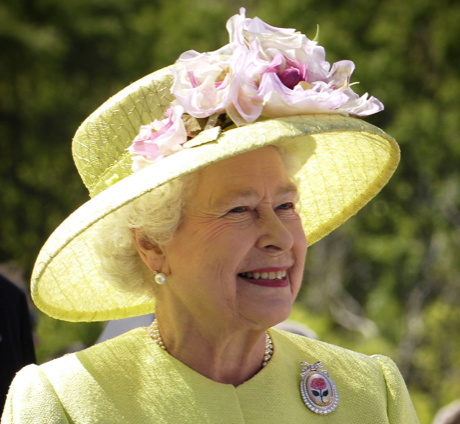Charity reserves were plummeting before the coronavirus pandemic hit the sector leaving them ill prepared to tackle major income losses, a report has found.
The review of the UK’s top 50 charities by accountants BDO found that charities held an average of two months of reserves going into the pandemic earlier this year.
This is down from three months worth of reserves when the firm last carried out the survey in 2017.
Reserves have been a key way charities have been able to protect themselves and mitigate against the impact of a crisis such as the outbreak.
This has seen face-to-face fundraising had to swiftly pivot online and charity shops were forced to shut their doors during lockdown. The Chartered Institute of Fundraising and the Charity Finance Group estimate UK charities will lose a quarter of their income, equivalent to £12bn.
“The impact of COVID-19 has been a wake-up call for charities, and brought into sharp focus the importance of having sufficient free reserves as a protection from income shocks,” said BDO’s national head of charities Jill Halford.
“The fact that reserves were falling prior to the pandemic should be a particular cause for concern, and will no doubt lead many charities to revisit their reserves policies.”
Cutbacks
Alreaday a raft of charities have announced cutbacks as they look to tackle income losses from the pandemic. This week Cancer Research UK announced it is to cut a quarter of its workforce and reduce spending on research to tackle a £300m drop in fundraising income over the next three years.
Also this week, William Shakespeare Birthplace Trust, the charity that maintains William Shakespeare heritage sites, said it is considering job cuts amid a £8.5m loss in income.
Compliance issues
The BDO review also found “significant variations in methodologies for calculating reserves”. It found that the real figure was £1.5bn, £2.2bn less than charities reported. This was largely the result of the exclusion of fixed assets, which accounted for £2bn of this discrepancy.
“In our review, we found notable areas of non-compliance, which may partly reflect a lack of clarity and specific guidance on how to identify and report free reserves. We would urge the Charity Commission to address this at the earliest opportunity to help charities to protect themselves both during the current crisis and beyond,” added Halford.
Latest News
-
Christian donors’ giving falls over the last year
-
Regulator’s church probe in York sparks further investigation
-
Alison Dunn: Why geography still decides which charities survive
-
Paying fundraisers a commission can harm their wellbeing, think tank warns
-
Monday movers - 2 February
-
Regulator finds misconduct at late-filing private Catholic school
Charity Times video Q&A: In conversation with Hilda Hayo, CEO of Dementia UK
Charity Times editor, Lauren Weymouth, is joined by Dementia UK CEO, Hilda Hayo to discuss why the charity receives such high workplace satisfaction results, what a positive working culture looks like and the importance of lived experience among staff. The pair talk about challenges facing the charity, the impact felt by the pandemic and how it's striving to overcome obstacles and continue to be a highly impactful organisation for anybody affected by dementia.
Charity Times Awards 2023
Mitigating risk and reducing claims

The cost-of-living crisis is impacting charities in a number of ways, including the risks they take. Endsleigh Insurance’s* senior risk management consultant Scott Crichton joins Charity Times to discuss the ramifications of prioritising certain types of risk over others, the financial implications risk can have if not managed properly, and tips for charities to help manage those risks.
* Coming soon… Howden, the new name for Endsleigh.
* Coming soon… Howden, the new name for Endsleigh.
Better Society

© 2021 Perspective Publishing Privacy & Cookies












Recent Stories